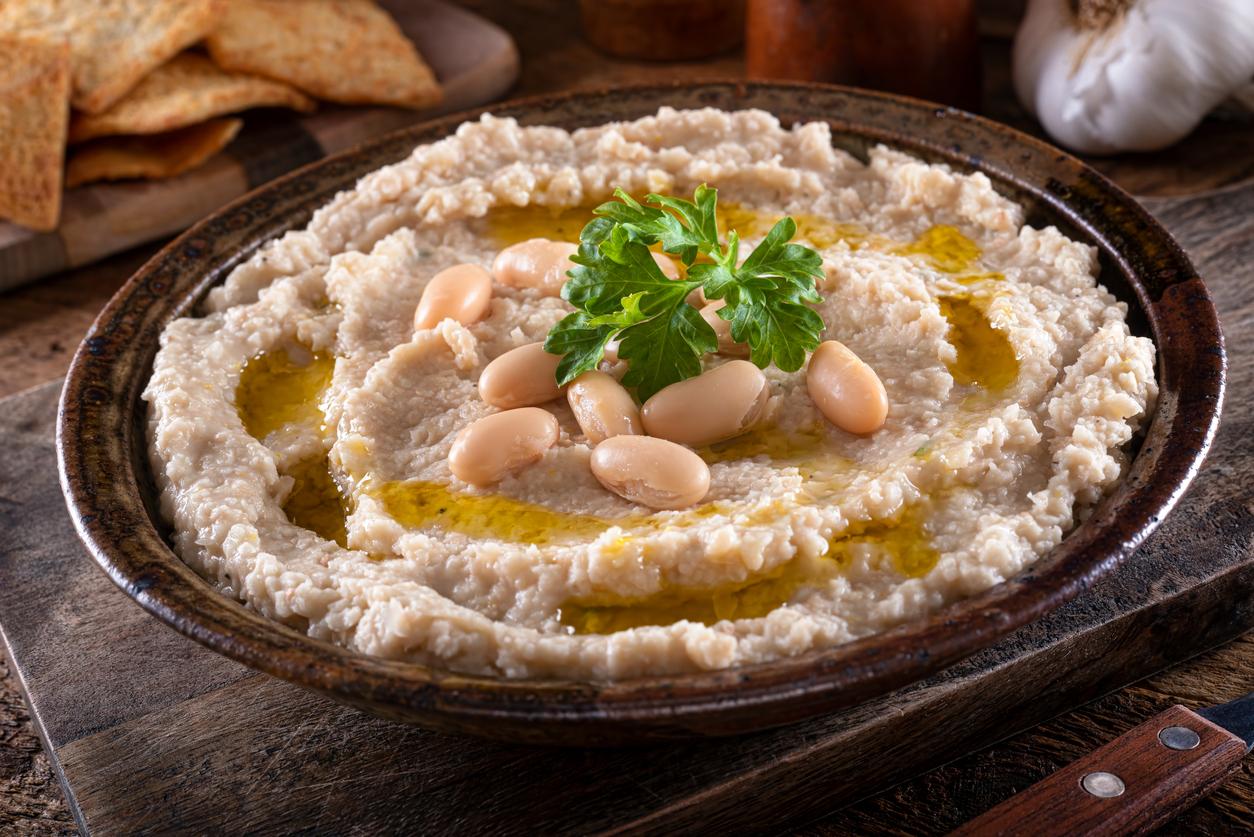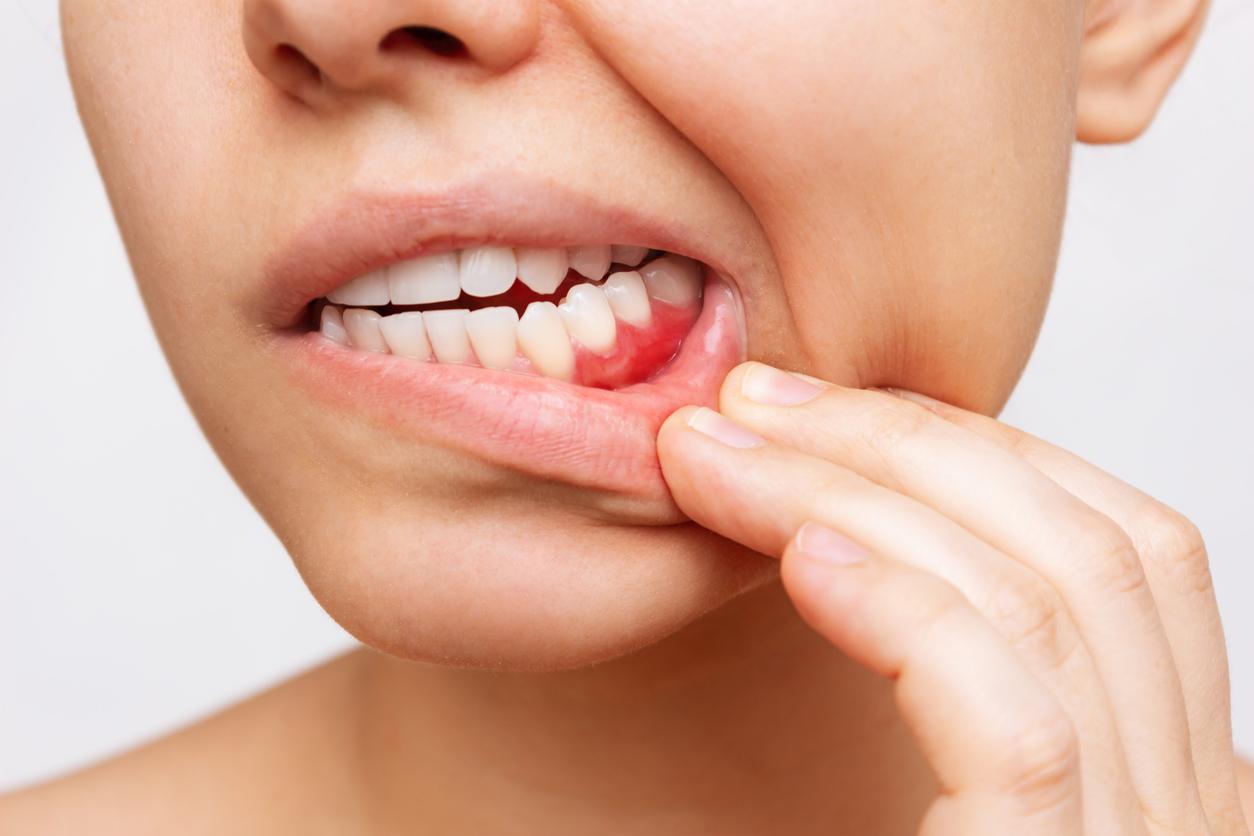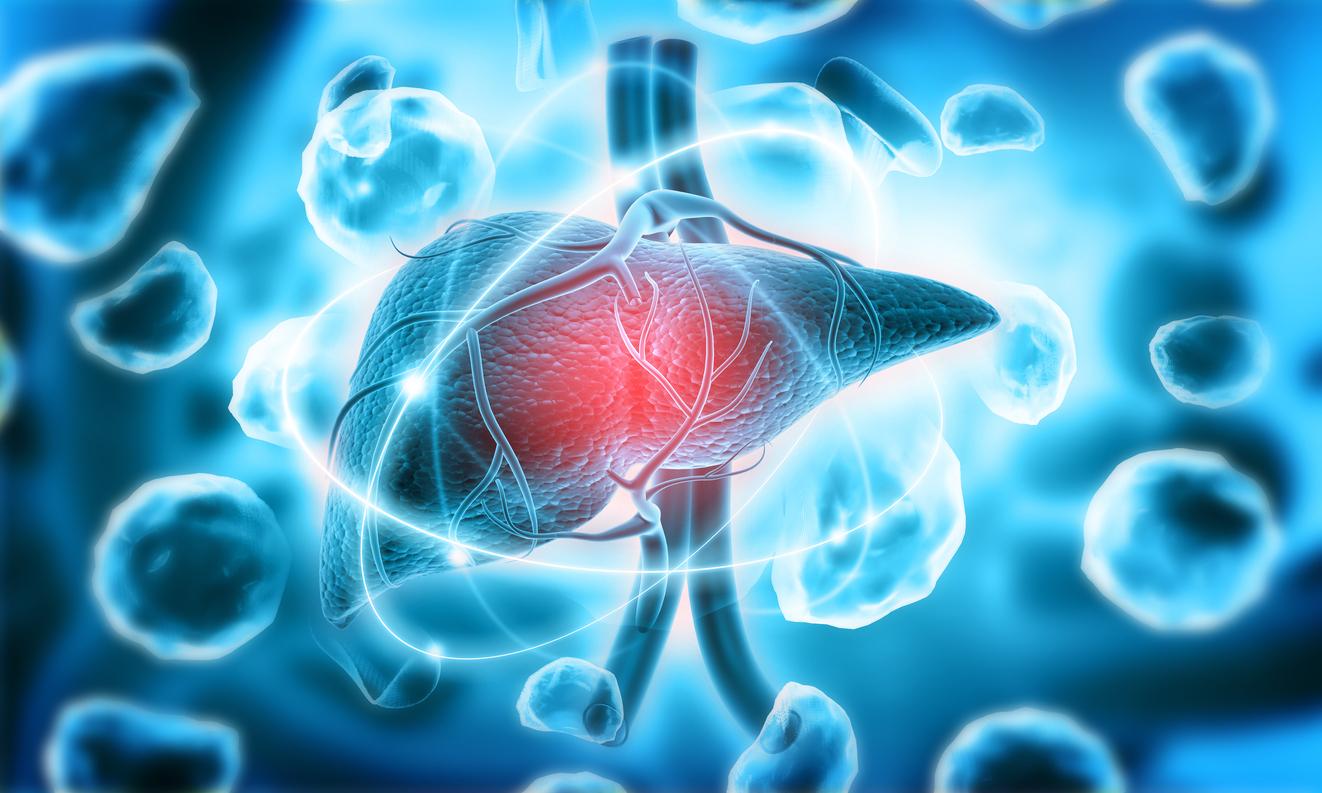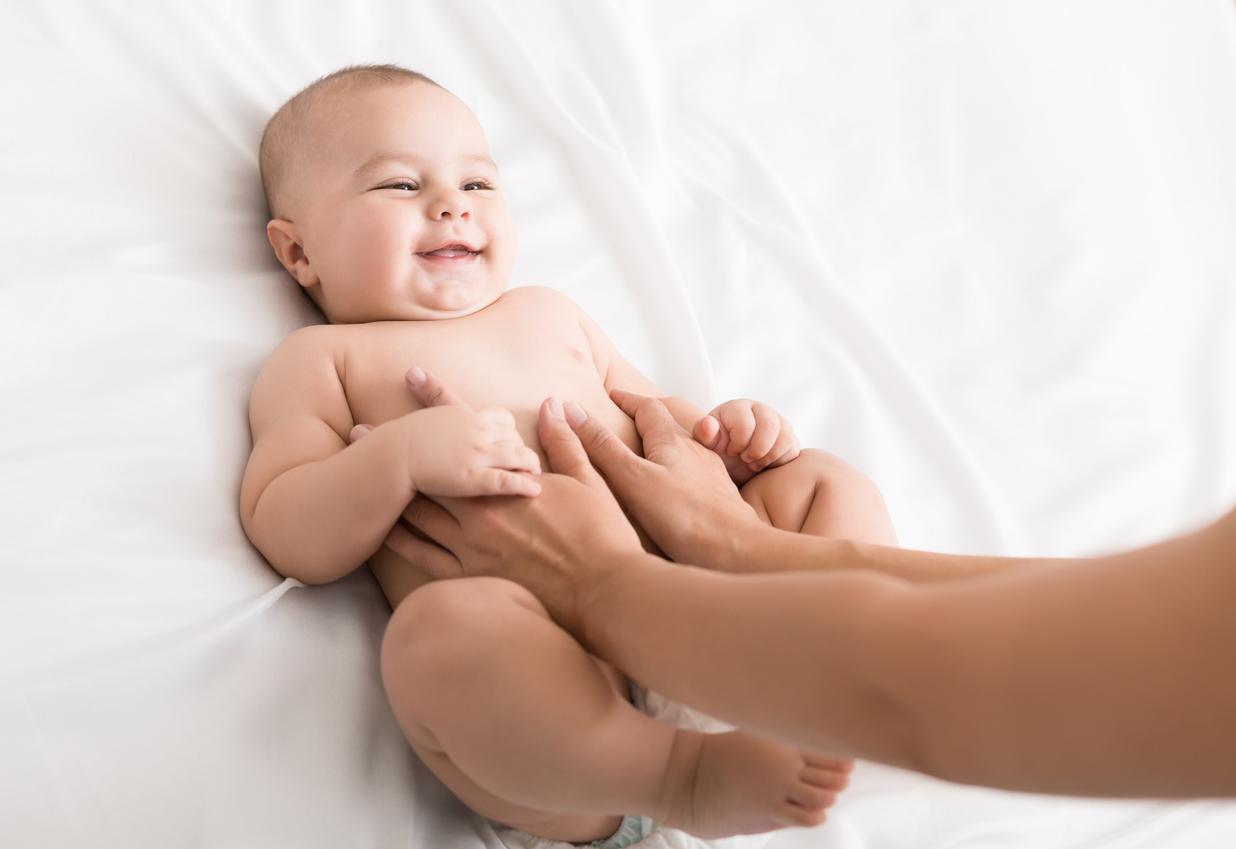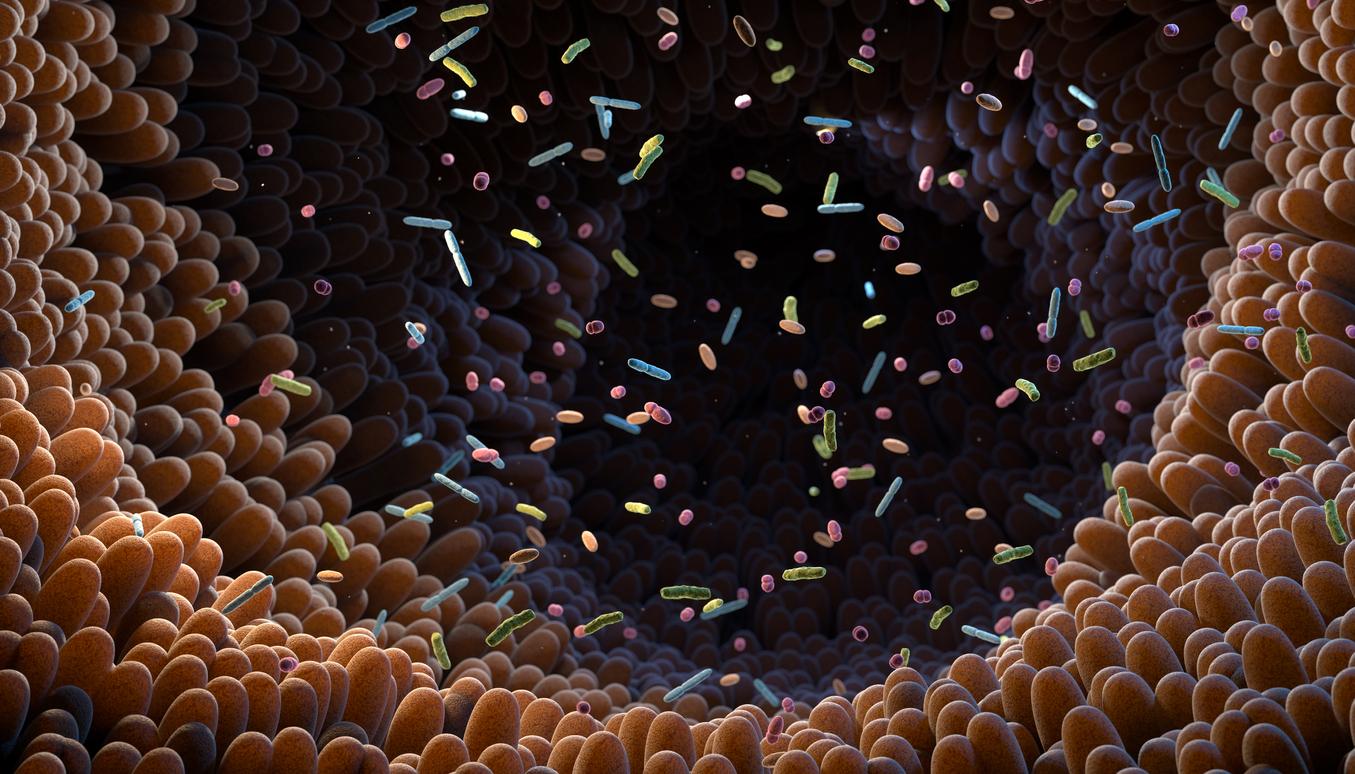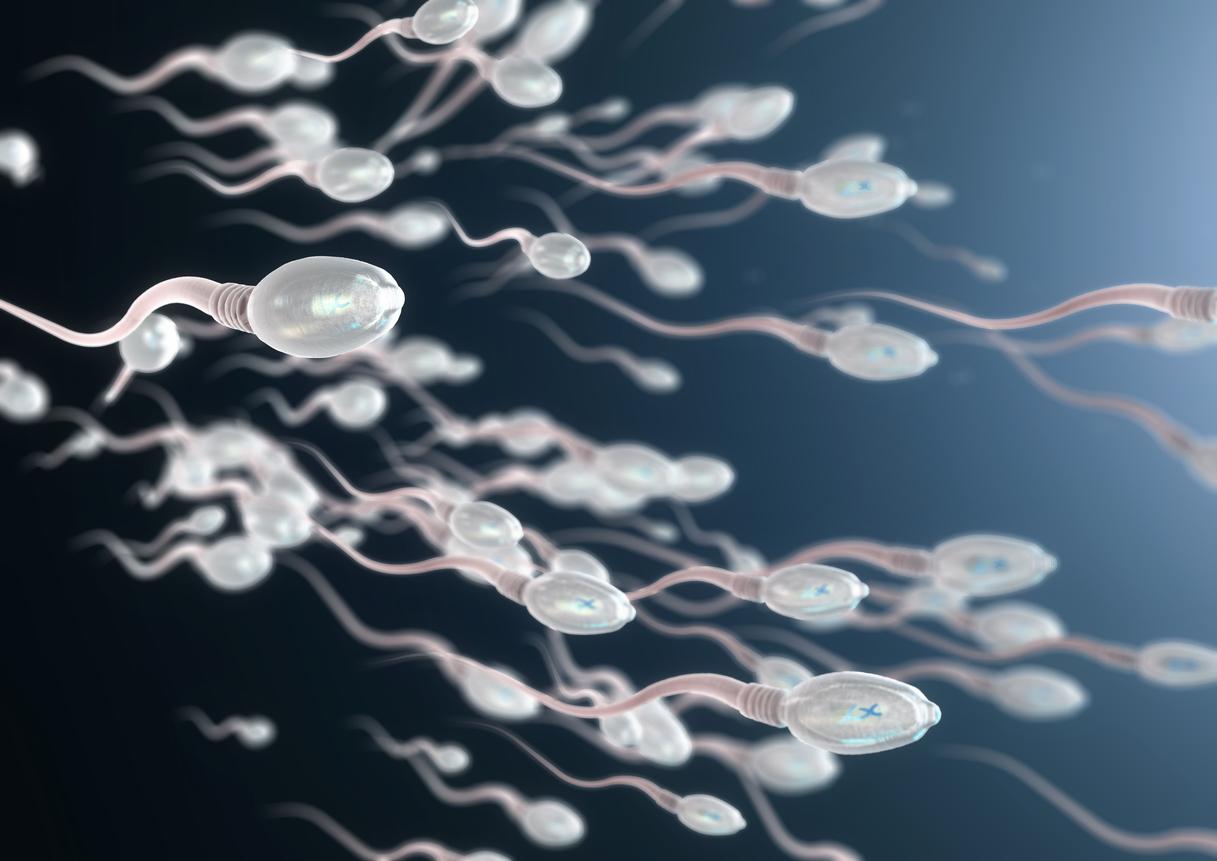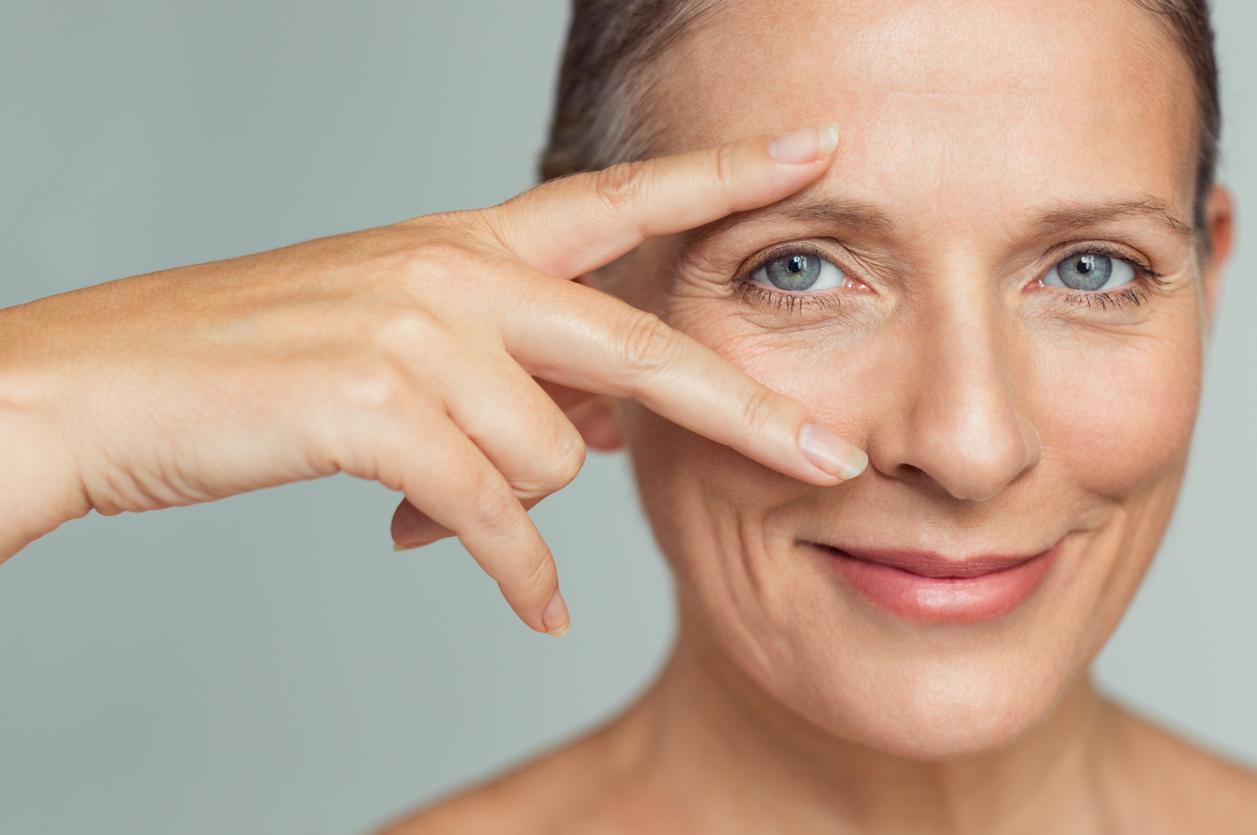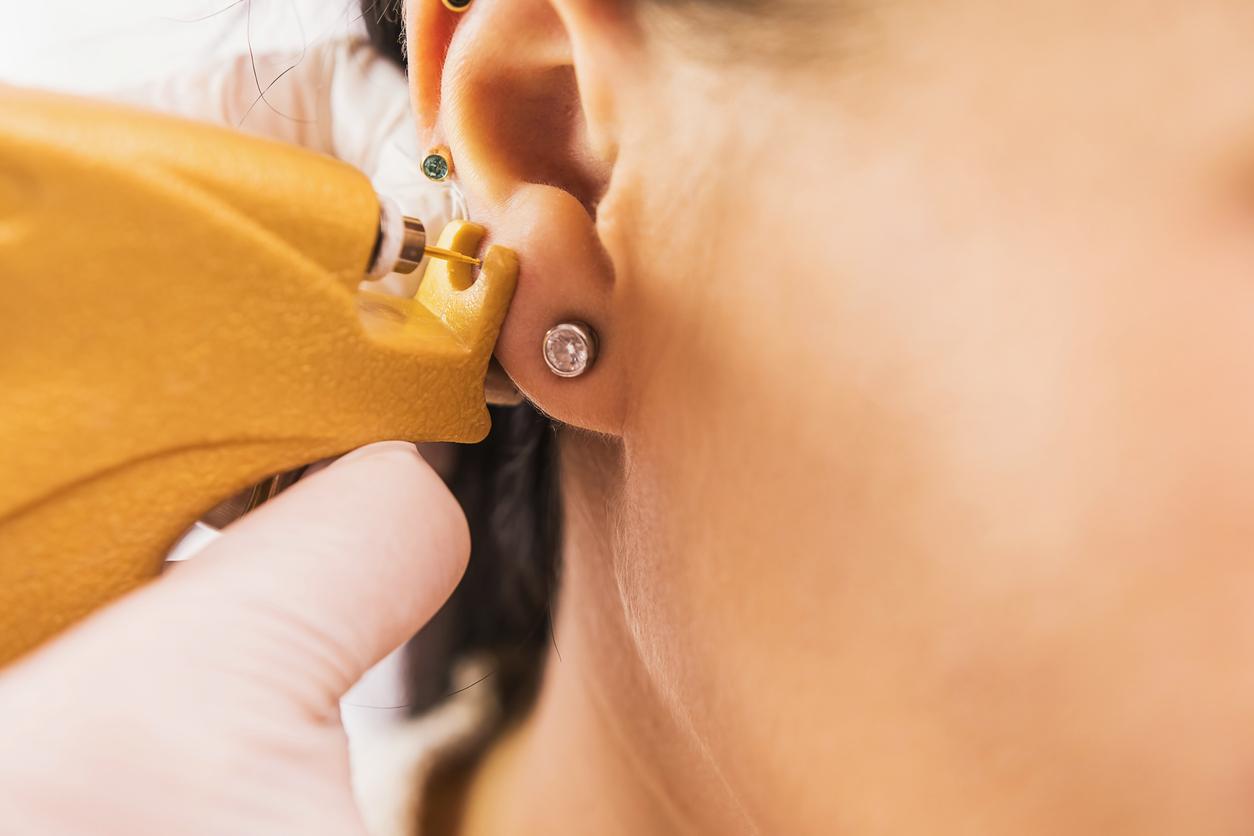
Why we need microbes
You are never alone in the world. Your body is teeming with invisible little creatures, such as bacteria, fungi and viruses. That may seem tedious and frightening, but be happy with it anyway. Because the vast majority are good for your health.
A name for these small creatures is micro-organisms or microbes. It is estimated that we have ten times as many micro-organisms on our body as there are body cells. They are on our skin, hair, in our mouth, in the vagina and above all: in the intestines. Billions at a time. All the microbes on your body together make up your microbiome. Every person has a unique microbiome, comparable to your fingerprint.
What does the microbiome do?
From the dawn of humanity, we have lived together with our microbiome. Scientists call them “our good old friends” and for good reason. The microbiome makes vitamin K and fatty acids, aids digestion, supports the immune system, protects against pathogens. And that’s just the tip of the iceberg, because new functions and influences of the microbiome are constantly being discovered. It also seems to affect our body weight, and yes, even our mind.
The microbiome arises from the first second you are on the world, in the first contacts with your mother and the world around you. By infancy you have your rough blueprint of your own highly personal microbiome. You can then influence that through diet, medication and your way of life. A healthy microbiome consists of a balance of good and bad bacteria, with the good ones predominating.
we are too clean
So you have to nurture a healthy microbiome. But unfortunately, we don’t. Our microbiome is suffering a lot in these modern times. For example, we shower way too often and our skin bacteria don’t like that. We eat little fiber, while our gut bacteria use it as food. We are very hygienic, so we do not come into contact with new micro-organisms, which can be part of our microbiome. We use antibiotics to fight disease, but with them we inevitably also fight our healthy microbiome. We have a lot of stress, which continuously stimulates our immune system. Research shows that native peoples have a very varied microbiome, with many different species. While modern humans have far fewer species. So we have fewer “good old friends” and you notice that.
Consequences: sick more quickly
If you don’t live very healthy and you don’t have that many species in your microbiome, it quickly becomes unbalanced. Then the bad micro-organisms get the upper hand and you become more susceptible to diseases and ailments. Science is discovering more and more relationships between the microbiome and diseases such as allergies, intestinal complaints, skin problems and respiratory diseases. There are even indications that the microbiome has a relationship with depression and autism. The nervous system in the gut is closely connected to our brain via the gut-brain axis. When the microbiome in the gut is not good, it affects our mood and our mind. You probably recognize that: when you are stressed you get abdominal pain, the nerves cause diarrhea and when you are in love “butterflies in the stomach”. That interaction goes both ways.
For some ailments there are already medicines aimed at restoring the microbiome, such as for vaginal infections. More and more people are also looking at ways to transfer the microbiome from healthy people to sick people. The poo transplant is the best example. The faeces of healthy people are transferred to the intestines of sick people. For some recurrent intestinal infections, this appears to be much more effective than antibiotics.
Losing weight due to bacteria
There is also growing evidence that the bacteria in the gut influence your body weight. In particular, the bacterium “Akkermansia” is in the spotlight. If you give mice this bacteria, they will not become overweight. It is now being investigated whether this also applies to humans. In any case, there is a difference between the gut microbiome of people who are overweight and people who are slim. All in all, it seems that the microbiome also partly determines which pants size you have…
Microbe diet: eat more bacteria
What can you do yourself to keep the microbiome in optimal condition? Healthy living, do not shower too often with soap and eat fiber-rich food (with lots of vegetables, fruit, nuts and whole grains). You can also enrich your diet with healthy microorganisms. The scientist Remco Kort even states that we should ingest 10 billion bacteria every day with our food. He proposes expanding the Wheel of Five to the Wheel of Six, with a separate compartment for products made by bacteria and fungi. Examples are yogurt, buttermilk, kefir, salami, blue cheese, kimchi, sauerkraut, tempeh and miso. Probiotics, products that are fortified with live bacteria, are also sometimes worth considering. Then choose products that contain at least 1 billion live bacteria per serving.









